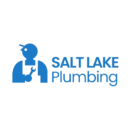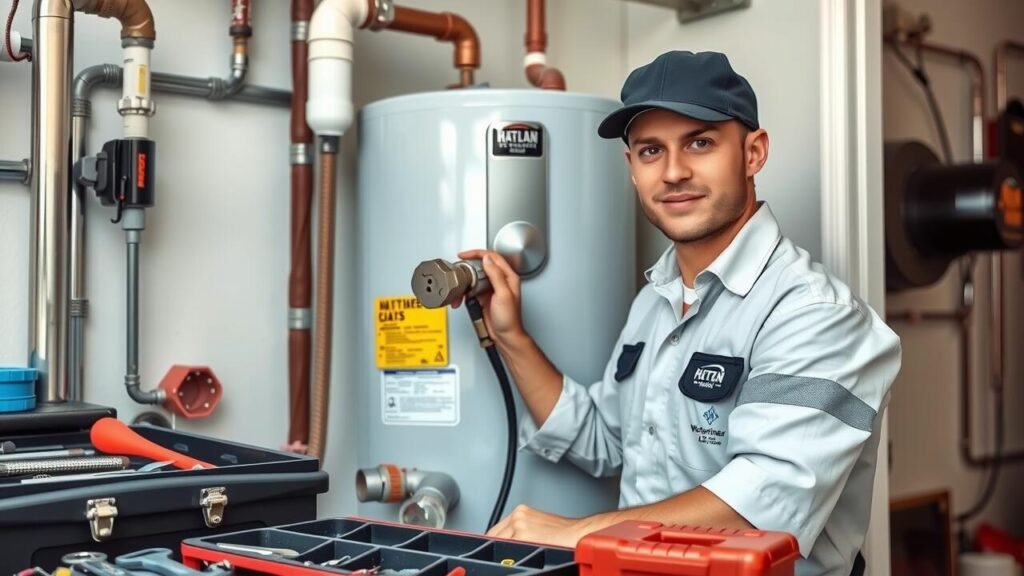Energy Efficiency Ratings
Energy efficiency ratings play a significant role in the overall cost of installing a water heater. These ratings help consumers understand how much energy a unit will consume over its lifespan. High-efficiency models typically have better insulation and advanced technology, which translate to lower operating costs. While these units may carry a higher upfront price tag, they can lead to substantial savings on energy bills over time.
Investing in a high-efficiency water heater can also qualify homeowners for rebates or tax incentives, further adding to the appeal. When considering installation, it’s essential to research options that align with energy efficiency ratings. Searching for “Water Heater Repair and Installation near me” can provide insights into local professionals who can help explain the benefits and costs associated with different models.
Long-Term Savings Considerations
Investing in a high-efficiency water heater may seem costly upfront, but the long-term savings can outweigh the initial expense. Energy-efficient models consume less energy, which translates to lower utility bills over time. Homeowners can recoup their investment through these savings, particularly if they choose systems with higher Energy Star ratings. The savings become more substantial when considering that a reliable unit can also reduce the frequency of water heater repair and installation near me.
In addition to energy savings, a well-chosen water heater can enhance home value. Prospective buyers often prefer properties equipped with modern, efficient appliances. This can make your home more appealing in a competitive market. Taking advantage of government rebates and tax incentives for energy-efficient upgrades can also help offset the initial costs, making the decision to upgrade even more financially beneficial in the long run.
Additional Installation Components
When installing a new water heater, various additional components can significantly impact the overall cost. Items such as expansion tanks, water softeners, or specialized venting systems may be necessary to ensure proper functionality and compliance with local building codes. These components can add to both the installation complexity and the price, making it essential for homeowners to consider these factors when budgeting for their water heater project.
Moreover, additional installation components may require specific tools and expertise, which can influence labor costs. Certain systems may necessitate advanced parts such as dedicated electrical circuits or gas lines, especially if the new unit operates on a different power source than the previous one. Homeowners should consult with local professionals offering services like “Water Heater Repair and Installation near me” to understand the full scope of required components and associated costs more clearly.
Necessary Plumbing Modifications
When installing a new water heater, modifications to the existing plumbing system are often required. This could involve altering pipe sizes, changing the plumbing layout, or updating fittings to accommodate the new unit’s requirements. Older homes may have plumbing that is not standardized or compatible with modern water heaters. Addressing these issues can significantly add to the overall installation expenses as skilled labor and materials may be needed.
It’s essential to consider the potential complexity of these plumbing modifications during the installation process. Homeowners searching for “Water Heater Repair and Installation near me” should be prepared for possible surprises involving additional costs. These adjustments might not only ensure optimal performance of the new water heater but also enhance the overall efficiency of the home’s plumbing system.
Existing System Compatibility
When considering the compatibility of a new water heater with an existing system, several factors come into play. Homeowners often underestimate the importance of ensuring that the new unit aligns with the old plumbing and electrical setups. This alignment can dictate the ease of installation and the overall efficiency of the system. In some cases, modifications may be needed to accommodate a new design or technology, leading to additional costs.
Upgrading outdated units can further complicate compatibility. Many older models may not support the latest energy-efficient technologies or may require new ventilation systems. Homeowners looking for services related to this might search for “Water Heater Repair and Installation near me” to find professionals experienced in handling these intricacies. Understanding the specifications of both the new unit and the existing infrastructure is essential for a seamless installation process.
Upgrading Outdated Units
Upgrading outdated water heater units often requires not only the purchase of a new model but also adapting existing infrastructure. Older units may not be compatible with today’s energy-efficient technologies. This can lead to increased costs during the installation process as additional adjustments may be necessary to integrate the new system seamlessly. Finding qualified professionals for this task becomes essential, as they can assess and recommend solutions that minimize disruptions while ensuring optimal performance.
Many homeowners underestimate the potential expenses involved in upgrading. It is crucial to consider not just the appliance itself but also the likelihood of necessary plumbing upgrades or electrical modifications. These adjustments can significantly increase the overall expense. For those searching for reliable services, “Water Heater Repair and Installation near me” often yields local professionals equipped to manage these complexities adequately.
FAQS
Why is the cost of installing a water heater so high?
The cost can be high due to various factors including the type of water heater chosen, necessary plumbing modifications, energy efficiency ratings, and the compatibility with existing systems.
How do energy efficiency ratings affect the installation cost of a water heater?
Higher energy efficiency ratings often lead to increased upfront costs, as these units typically come with advanced technology and features designed to save money on energy bills in the long run.
What additional installation components might increase the overall cost?
Additional components such as expansion tanks, venting systems, or new piping may be required, depending on the specific installation requirements and local building codes.
Are plumbing modifications always necessary when installing a new water heater?
Not always, but necessary plumbing modifications may be required if the existing system is outdated or incompatible with the new unit, which can add to the installation costs.
How does upgrading an outdated water heater contribute to installation expenses?
Upgrading an outdated unit may involve replacing old plumbing, electrical, or venting systems to meet current standards, which can significantly increase the overall installation cost.

